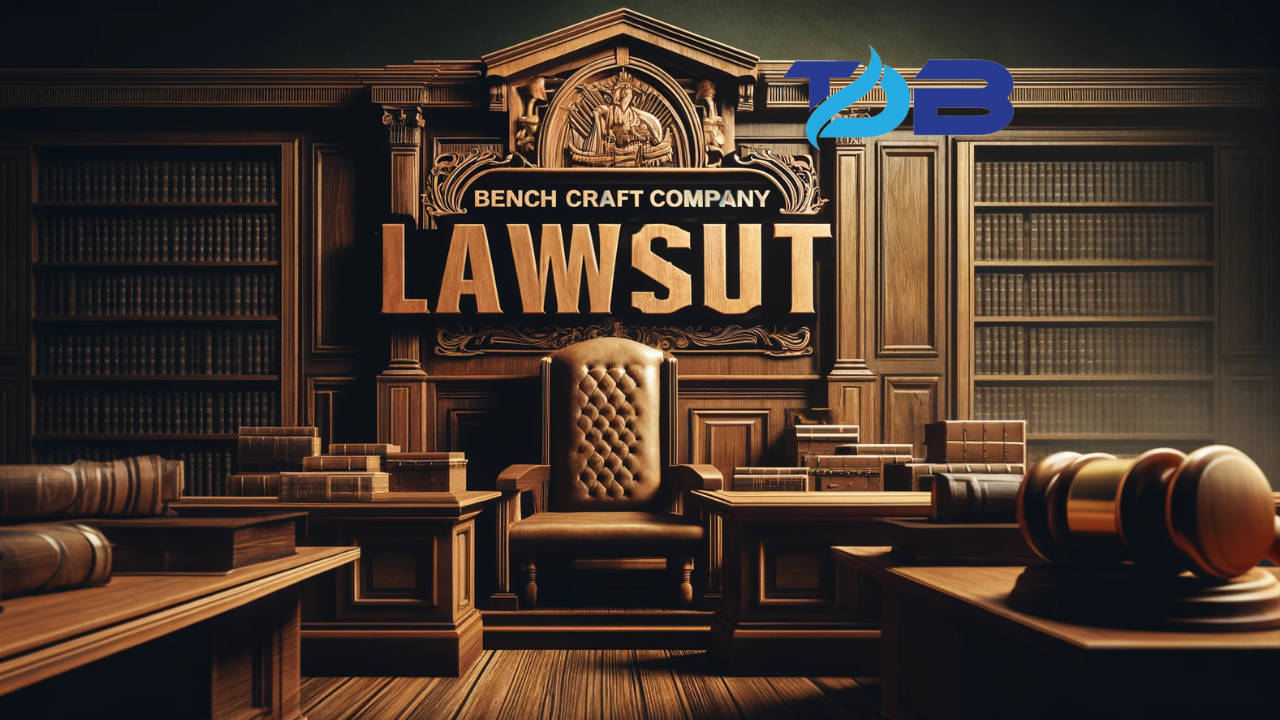Back in 2017, Bench Craft Company, one of the largest table saw manufacturers in America, issued a voluntary recall of over 500,000 table saws due to injury risks. This massive recall launched an investigation that uncovered serious safety issues with the company’s saw design. It also led to a class action lawsuit against Bench Craft for injured consumers. Here is a detailed breakdown of the table saw recall and resulting legal issues.
The Recall Announcement
In June 2017, Bench Craft Company, manufacturer of popular job site table saw brands like Ridgid, announced a voluntary recall of over 500,000 table saws sold between 2003-2017. The recalled models included several popular benchtop and contractor saws from the Ridgid, Ryobi, Shop Fox, and other brands.
Bench Craft stated that the table saws posed a risk of laceration due to possible contact with the lower front corner of the spinning blade. They offered replacement riving knives to help mitigate these risks. However, an investigation by the U.S. Consumer Product Safety Commission soon uncovered more serious safety defects with the table saw design itself.

CPSC Investigation Reveals Flaws
The CPSC officially investigated the recalled Bench Craft table saws in late 2017. Their probe uncovered two key flaws in the saws’ design that led to unexpected blade contact injuries:
- Lack of sufficient blade guarding systems – The saws’ plastic blade guards were inadequate and did not fully cover the blade, leaving users vulnerable to contact.
- Weak kickback prevention – The riving knives and splitter assemblies used were not robust enough to prevent dangerous “kickback” incidents where the wood is suddenly thrown back at the operator.
Based on their findings, the CPSC declared the table saws defective and failed to comply with industry safety standards. They officially labeled the defects as posing a substantial risk of injury, including lacerations, amputations, and even death in some cases.
Class Action Lawsuit Filed
In December 2017, only months after the initial recall, a class action lawsuit was filed against Bench Craft Company in a Chicago federal court. Filed on behalf of multiple injured consumers, the suit alleged that Bench Craft knew of the table saw design defects for years but failed to warn consumers or initiate a timely recall adequately.
Some of the specific claims made in the class action lawsuit included:
- Negligent and defective design of table saws that failed to include necessary safety features
- Failure to provide proper guarding devices to protect users from unexpected contact injuries
- Lack of sufficient warnings communicating injury risks associated with the saws’ design flaws
- Breach of implied warranties by selling defective and unreasonably dangerous table saw products
- Unjust enrichment through continued sales of the defective and non-compliant saw models
The lawsuit sought to hold Bench Craft accountable and obtain financial compensation for all parties injured by the design defects. It also aimed to fully correct the safety issues and ensure that future saw models meet mandatory safety standards.

Bench Craft’s Response and Settlement
Initially, Bench Craft denied the design defect allegations and planned to contest the lawsuit legally. However, as public scrutiny and regulatory pressure mounted, they eventually settled the case out of court.
In October 2019, a final settlement was reached in which Bench Craft agreed to pay $620,000 to resolve all injury claims from the class action. They also agreed to repair or retrofit over 500,000 recalled saws still in use at no cost to owners. This included installing flesh-detecting SawStop brake systems on many models.
Additionally, Bench Craft committed to developing a new Active Injury Mitigation System for all future table saws. The system automatically stops the blade within five milliseconds if it comes in contact with skin. They also pledged to comply fully with voluntary industry safety standard updates in the future.
While not admitting legal fault, the settlement was said to provide appropriate compensation and promote future safety improvements. It ended the long recall saga and resulting legal battle after over two years.
Lessons Learned
This extensive table saw recall highlighted a few important lessons about product safety and consumer protection:
- Voluntary recalls often don’t go far enough. Independent investigations are needed to uncover defects fully.
- Kickback and flesh-detecting systems are critical safety features that should be mandatory on all table saws.
- Manufacturers must prioritize compliance with safety standards to avoid liability for injuries.
- Consumers rightfully expect injury risks to be minimized through reasonable safety precautions.
- Class action lawsuits can encourage accountability and drive meaningful changes when voluntary actions fall short.
- Settlements balancing compensation, correction, and future prevention are preferable resolutions to prolonged legal battles.
While unfortunate injuries drove this process, the outcome at least made major progress toward safer table-saw designs going forward thanks to regulatory, legal, and public pressures applied. Consumers can hope this case history serves as an example of inspiring broader safety improvements across similar power tools categories.







































Leave a Reply